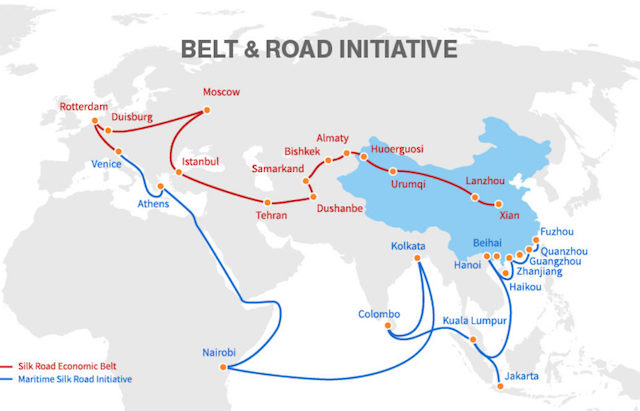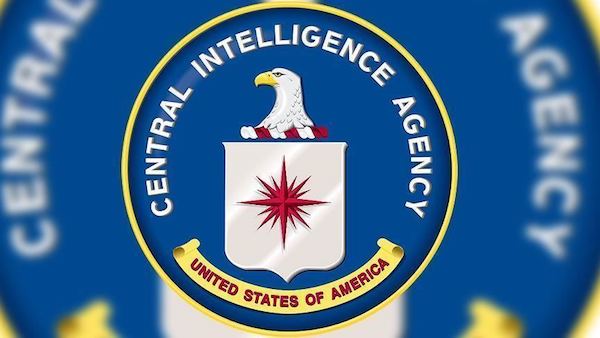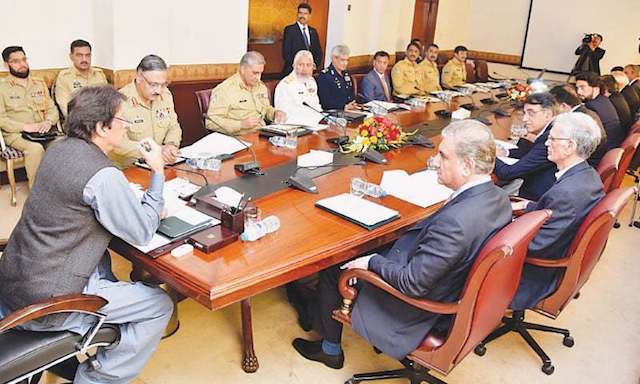The speeding process of globalization and the visible shift of economic and political momentum towards Eurasia because of China and its BRI project necessitates a thorough analysis of the course that Pakistani’s foreign policy should take. The term ‘neutrality’ has been used at some occasions regarding Pakistani foreign policy. But neutrality in international relations is a well-defined term that implies “the state of not supporting or helping either side in a conflict.” In the context of international law and interstate relations, it is defined as a wartime political position involving legal duties and responsibilities. It seems quite clear that this cannot apply to Pakistan’s foreign policy given our military contractual involvement with other states including the US Nevertheless, in order to define a meaningful concept of national security for Pakistan we do need a clear-cut foreign policy and security concept. Given the fast changing global and regional political environment such concept has to take these changes into consideration.
With the relatively young Pakistani state confronted by the hostility of a much larger neighbouring India since independence, it has been looking for strong allies in the world rather than for a balanced foreign policy concept. The dire felt need for protection from a strong partner required Pakistan to early-on become part of the US camp during the cold war in the form of CENTO and SEATO formed in 1950s under US pressure because of the military and economic aid it extended to all member states. This alliance was also preferred because of the strong anti-communist feelings in the country and because of the strongly felt closeness to Saudi Arabia, the country in charge of the holy sites of Islam that seemed to support plans of making Pakistan an Islamic state. The history of Pakistan’s alliance with the US though has been fraught with trouble from the beginning. Pakistan faced embarrassment in 1960 when it allowed American spying from US Badaber base near Peshawar. We were let in the lurch during the 1965 and 1971 wars when instead of support a weapon embargo was imposed on Pakistan and India whose major arms supplier at that time was the Soviet Union, the sanctions affected Pakistan only. In 1979 the US needed Pakistan as a launch pad for their war against the Soviet Union in Afghanistan, and that encouraged the boosting of Islamic militancy and jihadi culture in our country by promoting literature and encouraging extreme right religious activity in Pakistan mainly being directed by Saudi conservatives, now at odds among Muslim. This legacy has cost countless Pakistani lives and dishevelled the future of millions of Muslims in Pakistan and beyond is a direct outfall of it. Pakistani support of the Taliban had disastrous consequences. After US withdrawal and the imposition of sanctions on Pakistan we were needed again after 9/11 as a launchpad for the American war in Afghanistan that is still on. Again, this alliance turned ugly when in 2011 the Salala incident occurred when US-led NATO forces intruded into Pakistani airspace and attacked the Pakistani border post that eventually cost the lives of 28 Pakistani soldiers, wounding another 12. Moreover, the May 2011 air raid of US helicopters to kill inhabitants of a OBL compound in Abbottabad housing him and his family members. While the raid did kill OBL the perpetrator of the 9/11 atrocity was another humiliating event for Pakistan.
Seventy years on Pakistan seemed to have learned some lessons, it has started strengthening its historic relations with China and widening its alliances by including Russia and Turkey into it the economic, political and military partnership the question about relations with the US is unresolved so far. So, what would be the way forward in this regard?

The major factor to be considered is the fast formation of a Eurasian pivot meaning the economic, political and security-related integration of Eurasia. Economically the Belt and Road Initiative (BRI) project, of which Pakistan is a partner through CPEC, is a de facto Eurasian Economic Union. Politically and security-related organizations like Shanghai Cooperation Organization (SCO) have come up instead of the Baghdad Pact and its successor, CENTO. The relations within the Middle East, of which Pakistan can also be regarded as a part, have been altered fundamentally by the fight against ISIS and the war in Iraq, Yemen and Syria triggered by western efforts for regime change. Unfortunately this competition for influence in the regions and over access to important energy resources the US has consistently been losing ground and Russia together with Turkey and Iran have been gaining influence and leverage. The current crisis was unleashed by the US assassination of Iranian General Soleimani. For his part Soleimani’s action in Syria, Iraq, etc was becoming a case for concern not only for the US but the other countries in the region including Pakistan. The resulting retaliation is a vivid demonstration of this fact of crumbling of traditional US alliances in the region. NATO member Turkey that has just inaugurated a new pipeline Turkstream bringing Russian gas to Turkey and from there to Southern Europe against all efforts of the US to prevent this. Saudi Arabia’s overtures to Russia and Iran’s successful resistance against US pressure expressed by the recent joint naval drills between Iran, Russia and China again indicate new alliances in the making. The current crisis caused by the murder of Gen Soleimani will result in a weakening of US presence and their leverage in the region, if not full withdrawal.

For Pakistan this newly evolving picture should be a signal to rethink its position in the world and in the region, explicitly its alignment with the US. For the time being and until the final pull-out from Afghanistan US needs Pakistan. Resuming military training that had been stopped as ‘punishment’ for our ‘misbehaviour’ is now being given as an incentive. But that is not all, US also needs Pakistan’s support to expeditiously conclude the US-Taliban peace accord that enables an orderly troop drawdown in Afghanistan and appease the Taliban (who have friendly links with Iran) so that they don’t link up with the “Axis of Resistance” and, most important, make Pakistan’s military leaders commit to a new working relationship with the Pentagon and the Central Intelligence Agency.
It would be wise for Pakistan’s military and foreign office to re-assess to ensure our security concept has to be today firmly embedded in the region and in regional alliances. That includes a focus on improved relations with our neighbours and more balanced relations with China and Russia so that we are not labelled as being in their camp. While there are currently limitations to improved relations with Afghanistan and India there is a wide space open towards Iran. Gen Bajwa himself, and before that his predecessor Gen Raheel Sharif, have already contributed to the improvement of these relations in the recent past but there is room for far more. That also implies a careful balancing of relations with Saudi Arabia. It was very humiliating to be read the riot act by the Saudis and their pulling out of the Kuala Lumpur Muslim summit. One really looked up to Crown Prince Muhammad Bin Salman (MBS) and the extraordinary changes brought about within Saudi Arabia. That someone we really admired as our muslim leader for the future made us look like lackeys was really embarrassing. It is true that beggars cannot be choosers and we have a very heavy reliance on Saudi oil and money. That has indeed been very generous and during moments of acute financial crisis but someone has to explain to MBS that if he chooses to rub the noses of those who admire him in the dust there is bound to be reaction and should not be driven away in humiliation, In the final analysis we will have no choice but to “reverse” CENTO. Pakistan, Iran and Turkey share among them the toughest and longest non-Arab muslim fighting machines, now that the Syrians have been almost dismembered and the Egyptian Armed Forces compromised. One certainly cannot condone whatever Soleimani was up to implementing Iran’s version of the Foreign Legion in different countries. No doubt his machinations were exacerbating tensions in the region but his killing force multiplied them. We need good relations with all our neighbours but particularly with Iran, Saudi Arabia and the UAE. Our foreign policy must serve Pakistan’s national interest, its internal and external security and its regional standing. In a growingly polarized world there has to be a balance in our relations with Pakistani commitment to being neutral with our neighbours and within the region!




